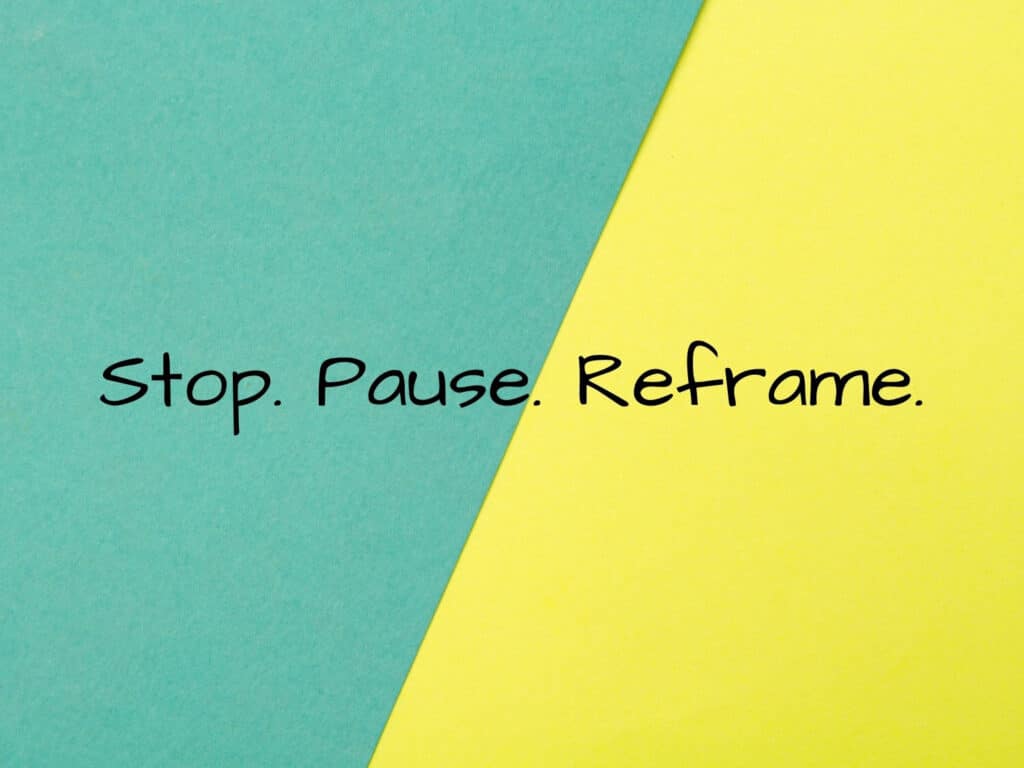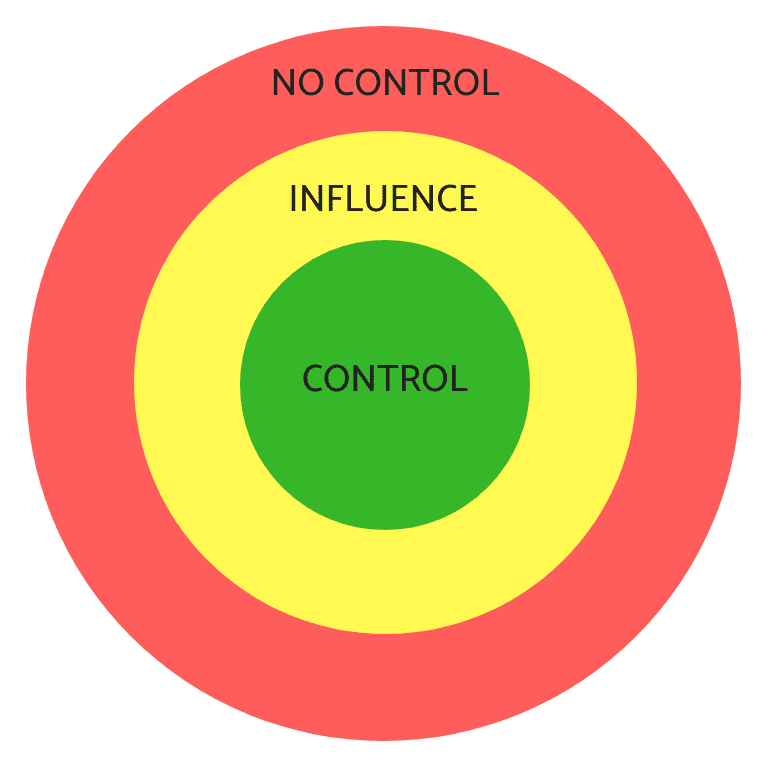
We all complain now and then. It’s human nature. But it’s a slippery slope and the more we complain, the worse it gets. When it gets out of control and becomes a habit, we’ve contracted that insidious disease known as negativitis. Inflammation of negative thinking. It’s a dreaded condition that’s highly contagious, affecting our physical and emotional health, and potentially our social life.
The thing is, our brains have a negative bias. We are biologically designed to sense danger and react to it. The problem is that if we stay in that negative mode, our brains rewire and focus on the negative, with little room for joy and positive thinking.
We all need a friend’s ear now and then, and that’s normal and comforting to know that we can. But it’s about balance, perspective, and outlook.
What Are the Symptoms?
Perhaps you know someone who suffers from negativitis, or you’re wondering whether you’ve contracted this disease. What are the signs and symptoms of this dreaded, spirit-numbing condition?
You have contracted negativitis if you:
- Focus primarily on the bad, your challenges, and what’s wrong with the world.
- Whine and complain about things you can’t change or have very little control over.
- Disregard potential solutions that are suggested to you.
- Blame people and circumstances around you for your current life status.
- Believe that your problems are worse than the problems of most people.
- Have a tendency to rant on social media.
- Attract other people with negativitis and, collectively, dwell on all your problems, feeding off each other.
- Repel positive, more resilient people who may find your outlook and conversations draining.
- View positive people as Pollyannas who have rose-colored glasses and keep their heads in the sand.
The more yes answers, the more likely it is that you’ve come down with this ailment.
Are There Complications?
Negativitis cripples our mojo and spirit, spreads gloom, and prevents us from seeing the good and joy around us. It can make you feel unhappy, irritable, frustrated, and lonely. Left unchecked, negativitis often leads to its ugly cousins: anger, cynicism, apathy, and victimization.
Studies have also shown that the perpetual stress from negative thinking is also linked to a weakened immune system, depression, cardiovascular disease, high cholesterol, and general aches and pains. The mind-body connection is real and has been studied for years. What we think and choose to focus on has a direct impact on our physical and mental health.
And, the sad reality is that having negativitis may impact your social life. Downers and whiners are no fun to be around. They complain a lot, have a negative world view, and spread gloominess. The listener spends time listening, validates on occasion, and faces a lot of yeahs, buts and you don’t understands when offering potential solutions. The listener leaves the conversation feeling drained, and it takes some time to get his/her spirit back.
What’s the Cure?
The good news is that negativitis is treatable and curable! A resilient state of mind exists within everyone, but it gets smoldered due to excessive negativity. So, how do we become more resilient, positive, and optimistic? With a bit of self-reflection and effort.
Here’s the cure, the prescription.
Get the Power
Negativitis occurs when you perceive the pressures and forces around you to be greater than your ability to succeed and overcome them. The first step toward curing this condition is to acknowledge that you have the power to overcome most negative forces and you have complete control over your reaction to life’s challenges.
Start using phrases like I can, I am strong, I am resilient, and I have the power to choose. Positive self-talk is critical and begins the process of rewiring your brain toward optimism.
I highly recommend reading the book Hardwiring Happiness: The New Brain Science of Contentment, Calm, and Confidence by Rick Hansen, Ph.D. The book lays out a simple method that strengthens our brains, counterbalancing the negativity bias.
Build Resilience
Those who suffer from negativitis often have the misimpression that optimistic people have fewer problems. Those with a sunnier outlook have their problems too, but their response to negative circumstances is what distinguishes them.
Resilient people bounce back quickly because they don’t let setbacks keep them from moving forward. They avoid dwelling on their troubles. Instead, they move quickly toward problem resolution and ignore (or compartmentalize) what they can’t control.
To build resilience, we literally need to condition our brains and reframe things as we face situations that we initially believe to be negative, not positive. That way when the big setbacks happen that hit us hard (death of a family member, serious illness), we are better equipped to deal with them.
It’s like a jar. If we fill it with a bunch of little annoyances, the jar will already be pretty full when we encounter the big stressors in life. There will be no more room in that resilience jar.
Stop. Pause. Reframe
I wrote this down earlier this year and it works. If you find yourself complaining about something (either in your mind or out loud), just stop. Then, pause and take a moment to reframe the problem. What’s positive about the situation? What haven’t you noticed? How might someone else look at this perceived setback differently? Is there a solution?
For example, let’s assume your flight is delayed by an hour or two. You begin to complain. Stop, pause, and recognize that you have no control over the departure time of this flight. You can either choose to continue complaining (trust me, I’ve been there), or you can reframe this travel setback. You now have time to grab dinner, read your book, or catch up on emails. Maybe there are some shops that looked interesting as you made a bee-line for the gate.
Even the smaller everyday annoyances can be reframed. It’s raining… the flowers and lawn need it. Traffic is heavy… look around at the fall leaves and listen to an interesting podcast. I caught a cold… wow, I’m lucky, it’s been over a year since I’ve had one. It takes practice when your tendency leans negative, but take them head on, one challenge at a time.

Follow the 24-Hour Rule
It’s human nature to vent about something negative that happened to us. We all do it, usually without much thought. But if we must complain, the advice in Dr. Laura Schlesinger’s book Stop Whining, Start Living is good.
To paraphrase, you get 24 hours to whine about something. After that, you need to move on and solve the problem, or recognize that it is outside of your control or accept that there is no solution.
Understand Your Sphere of Control
We each have a sphere of control that defines what we can control, what we can influence, and what we have absolutely no control or influence over. When faced with an obstacle or problem, identify where it falls within your sphere. Focus on solving the dilemmas that you can control, or perhaps influence.
For those situations where you have no control, acknowledge your feelings and shift your focus. Believing you have control over the problems that you actually have no control over will only worsen negativitis and lead to frustration, anger, and rumination.
For many (regardless of religious beliefs), theologian Reinhold Niebuhr’s serenity prayer offers meaningful guidance: Grant me the serenity to accept the things I cannot change, courage to change the things I can, and wisdom to know the difference.

Compartmentalize
There are some problems that gnaw at you, typically the biggies. Often, they’re the ones that keep us up at night and are often outside of our control. They sometimes cause us to ruminate, and we lose our ability to maintain our focus and serenity. Introducing… the gift of compartmentalization.
When we compartmentalize, we are putting our problems and related emotions into compartments within our heads and hearts, dealing with them only when we need to. It enables us to set things aside and recognize them for what they are: challenges that may not be solved overnight, problems that are outside of our sphere of control, or situations that we just need to accept. It’s not about being in denial, but rather about setting them aside and not letting them get in the way of the rest of your life.
Limit the News
It’s important to stay current with world events and read the news. That said, too much news can weigh you down, depending on your tolerance for information that leans negative. Resist filling your day listening to TV and radio news channels, reading newspapers, and pouring through online news. From politics to climate change to world conflicts, it can be too much for anyone to shoulder events that are largely outside of our control.
Create balance and also seek out positive news (it does exist!). Check out positive news sources such as Good News Network and Positive News.
Skim Social Media
Social media platforms like Facebook, Instagram, and X (formerly Twitter) have their benefits, but also their dark sides. Facebook and X, in particular, have become platforms that many view as avenues to vent, spread fake news, and share negative memes and current events.
Consider your social media outlets and how you feel after you’ve scrolled through your newsfeed and tweets. Taking on other people’s problems and rants can take its toll if you spend too much time on social media. If you have “friends” that use Facebook to rant or who consistently post downers, consider unfollowing them.
Resist Temptation
Focus on the positive and build your immunity against negative thinking. Resist the temptation to get sucked into drama, complain, and engage in conversations that gripe about issues you can’t change. When online, avoid participating in combative, negative “conversations” that can make you more stressed and angry. Recognize that no minds were ever changed in online debates and such exchanges do nothing to purge negativity.
Be Grateful
Gratitude gets a lot of attention these days and for good reason. Studies have shown that when we articulate why we are grateful and what we’re grateful for (either verbally or on paper), we are happier. It is much easier to cope with negative events when we balance it with a peek on the bright side and practice gratefulness.

Watch Your Company
In the words of motivational speaker Jim Rohn, “You are the average of the five people you spend the most time with.” The people you hang with influence what conversations dominate your attention. If you surround yourself with negative people who complain a lot, it can take a toll on your outlook and attitude. After all, misery truly does love company.
Conversely, upbeat, positive people can have the opposite effect and be inspiring, energizing, and uplifting. It’s not that positive people don’t discuss their problems (they do), it’s just that they do so as a means to find a deeper understanding or a solution. It’s effective complaining, with the goal being to potentially solve the problem, not solely to vent.
Exercise
Whenever I’m stressed, exercise is my friend. When we exercise, blood pressure and blood flow increase everywhere in the body, including the brain. This boost in oxygen and energy equates to a brain that performs better, which is an awesome way to clear out negativity and clearly think through how best to address a problem.

Avoid Rants
Take a moment before complaining to someone or grumbling on social media. It is often better to stop, pause, and process it. It gives us time to simmer down and the need to vent subsides. When we vent to others, we spread gloom and run the risk of bringing them down.
It just takes practice to process things in our brain and deal with it there. Our brains are powerful and we have the ability to think things through, solve problems, and shift gears, all without opening our mouths.
Practice Acceptance
There are big problems that simply have no solution, only ways to cope. It may be a parent or spouse with dementia, the death of a friend or loved one, or a serious illness. These are the biggies that test us and can bring us to our knees if our resilience jar is already filled with smaller challenges that may have unnecessarily weighed us down.
Compartmentalization can help us through these major setbacks, as well as good focus on actions and coping mechanisms that may help to ease the pain. But sometimes the answer is just acceptance of what is and finding peace with just letting it be.
We all have the power to be resilient and avoid getting negativitis. It is not life’s problems that cause us to be negative, but rather our reaction to the setbacks and challenges inherent to being human.
Let’s Have a Conversation:
How often do you suffer from negativities? Does it cripple you? Which of the strategies on my list have you tried and which are new to you?





